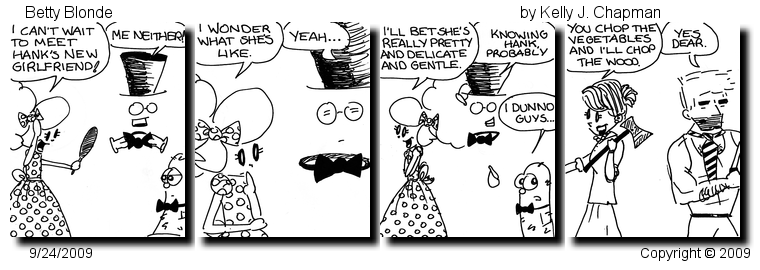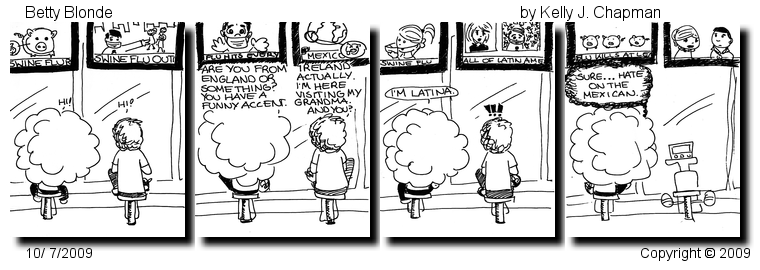This post is part of a narrative history of our homeschool. It is about why we chose to homeschool, what we did and how we did it. It is about our failures and frustrations as well as our successes. The plan is to make an honest accounting of it all for the benefit of ourselves and others. This is a work in progress which was started in late October 2014 after the kids had already skipped most or all of high school, Christian had earned a Bachelor’s degree in Mathematics (Summa Cum Laude), Kelly had earned a Bachelors degree in Statistics (Magna Cum Laude) and they were ensconced in funded PhD programs on the West Coast. I add to the narrative as I have time.
In most homeschools, the mother is the main teacher. Our homeschool was different than most homeschools in that Lorena (the mom) was the principal caregiver for the kids, but I (the dad) was the teacher/planner. Lorena worked as a stay-at-home mom while I held a full-time job as an engineer over the entire course of our homeschool. How we balanced our circumstances to make the homeschool work and why we chose the Sonlight homeschool curricula is the subject of this section of the series.
The first year of homeschool when Kelly was in first grade and Christian was learning to read at age four was pretty chaotic because we followed Susan Wise Bauer’s excellent Well Trained Mind book to do our home school. You can read about that here. The problem was not the system itself. That was excellent. The problem was that more time was needed to prepare study plans and accumulate materials than we had available to the extent that we had much less time to devote to actually teaching the kids.
Classical Education
We decided we needed to do something else so we started to look around. We knew we liked many aspects of “Classical Education” due to our experience with the methods described in The Well Trained Mind, but beside the logistics reasons previously stated, we had some additional reservations. It had to do with what appeared to be the focus of many of those invested in Classical Christian Education: the training of lawyers and arguers. Around our house we called it the Patrick Henry College effect where the focus is on a rhetoric and preparation for arguing and confronting. I talk about this in more detail in a blog post titled What influence will homeschoolers have in the near future. We identified this very closely with a category of homeschoolers who talked big about “doing hard things,” then went on to get soft degrees in things like Communications, Political Science, Government, History and the like.
I will talk about this in more depth further on, but we knew from the very beginning we wanted our kids to do something hard with their undergraduate degrees, then go on to their vocation after that. We believed then and still believe now that even if a person’s vocation is a fine one in the practice of Law, History, Sociology (Rodney Stark is one of our heroes) or some other soft area, degrees in Mathematics, Physics, Chemistry, Statistics or even Engineering form a strong foundation for that. A student might have to carefully tailor their elective courses to accommodate further study in the softer areas of Business, Law, History, etc., but that is not such a difficult thing to accomplish.
I absolutely believe it is possible to do it the other way around, using electives to fill in the History degree with hard Math classes, but our perspective has been that it is easier to get into a good graduate program in Business with an undergraduate Math or Statistics degree than to get into a graduate Math program with an undergraduate Sociology degree. A corollary to this is that Math/Physics majors do better on the LSAT (Law School Application Test) than any other major–see here and here. Pre-law, History, English and Political Science are way down the list.
The thing we liked about The Well Trained Mind’s approach to Classical Education was the framework it provided. We really believe there is something to the idea of the Trivium–Grammar, Logic and Rhetoric, each one in its right time. In addition, the coordinating of the study of History and Literature was phenomenal as was the passing through the History of the World multiple time with increasing levels of difficulty. This all served us well.
We choose the Sonlight curriculum
In the end we chose the Sonlight program. We stuck almost exclusively with Sonlight materials for the first year and tapered off gradually until we used Sonlight for about half of our materials the year before the kids started college. We think the program is wonderful and have no regrets for having made that choice. We liked it for a lot of reasons that I have described in this series and throughout this blog. Probably the best way to lay it out is with a list, so here it is:
- Sonlight provided a complete, detailed daily guide for both students and teachers that allowed us to spend less time planning and gathering materials and more time directly teaching the kids.
- Sonlight’s worldview was not so different from our own. We are serious about our Christianity, but almost certainly with different emphasis than those who put this curricula together. At times we found the program a little bit churchy (in the organized church kind of a way). Still, it was never cloying and provided opportunity for conversations with the kids about what we believe and why we believe it.
- The curricula were complete. We largely forged our own path in the areas of Math and Science because those were the areas of my strength, but even there, we bought the materials we used from Sonlight and only modified the speed at which we studied. After the first couple of years, it was obvious we were going as fast or faster than kids in traditional school and were not missing anything important. We had that confidence from the beginning, but it was great to have confirmation as the years passed.
- Sonlight had what, to us, was the right mix of Classical Education without the lawyerly focus. Years later, we found a blog post by our friend Luke Holzmann‘s dad (one of the founders of Sonlight) who confirmed our suspicion that we had common ideas about the where the focus should lie in childhood education.
We bought the entire core program, books, materials and all from Sonlight. The materials arrived each year in cardboard cartons that we absolutely loved to open and inspect. We had to firmly admonish the kids to NOT read the books until their due time or we would have had a pretty short school year. We have absolutely no regrets about this choice even though we thought there were a couple of areas in the program that were very, very weak in the later years. I write about that here. Those parts were the exception and not the rule. We know there are other great homeschool programs out there, but this is what we chose and we are glad for it.
Betty Blonde #310 – 09/24/2009

Click here or on the image to see full size strip.

